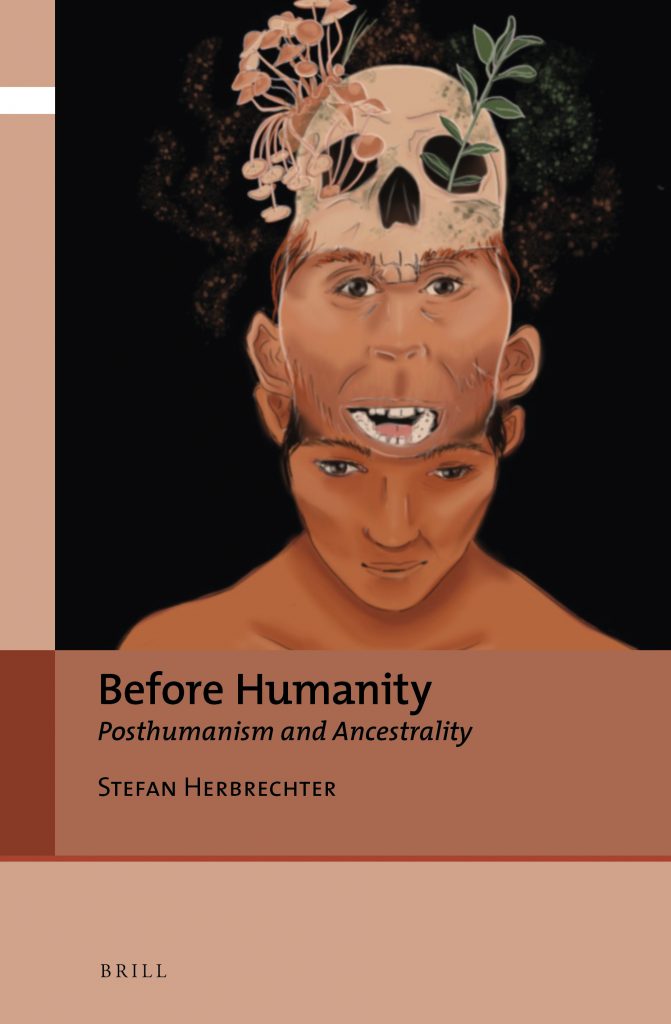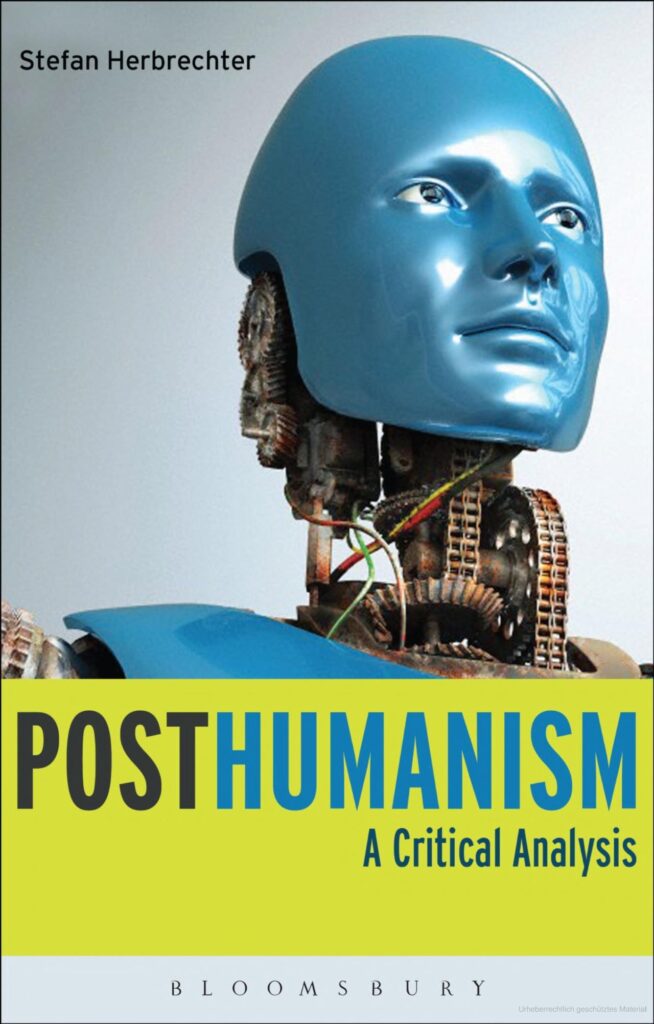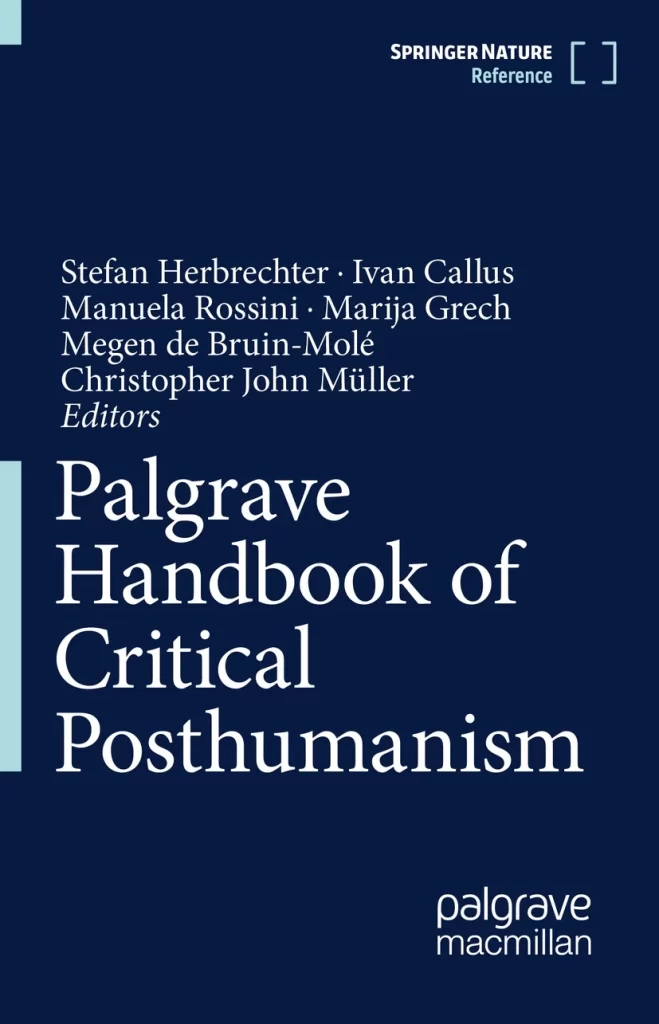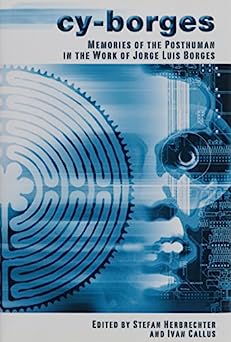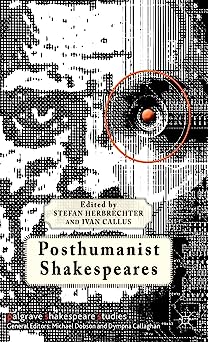To appear in the CPH Brill series in 2024:
Two volumes with my collected essays on critical posthumanism written over the last decade or so (some republished and updated, some new).
Volume 1: (Un)Learning to be Human
Contents:
- Preface: Returning to Critical Posthumanism
- Introduction: Critical Posthumanism – Ten Years On
- Poststructuralism and the End(s) of Humanism
- Posthumanism, Subjectivity, Autobiography
- Rhetoric of the Posthuman – Posthumanism and Language
- (Un)Ravelling
- Posthumanist Education?
- (Un)Learning to be Human
- Posthumanism without Technology, or, How the Media Made Us Post/Human: From Originary Technicity to Originary Mediality
- Postfiguration
- Perfectibilities
- Making Humans Better: Posthumanism ‘Beyond’ Violence
- Conclusion: Humanism without Humans
Volume 2: Solidarities with the Non/Human, or, Posthumanism and Literature
Contents:
- Introduction: Critical Posthumanism and Literature
- Section I – Posthumanism Writes Back:
- Shakespeare and After
- The Invention of the Posthuman in The Merchant of Venice – “…a passion so strange, outrageous, and so variable…”
- Hamlet and Posthumanist Politics
- Treasuring the Self: A Posthumanist Reading of John Keats’s “Ode to a Nightingale”
- Yearning for the Human in Posthuman Times: On Albert Camus’s Tragic Humanism
- Section II – Animal Writing
- Solidarity with the Non/Human
- Uomini e no: Elio Vittorini’s Dogs and Sacrificial Humanism
- Animalities – Milan Kundera and the Unbearable Lightness of Being Posthuman
- “Not that I was afraid of becoming an animal…” – Ecography in Marlen Haushofer’s The Wall
- Section III – Life Writing
- Narrating-Life
- Zoontotechnics – Cultured Meat, Margaret Atwood’s Oryx and Crake and Life after Animals
- Microbes R Us – David Eagleman’s Sum and Jim Crace’s Being Dead and the Medical Humanities
- Don DeLillo’s Point Omega and Zero K as ‘Posthumanist Literature’
- Postface
- Posthumanism and the Death of Tragedy

